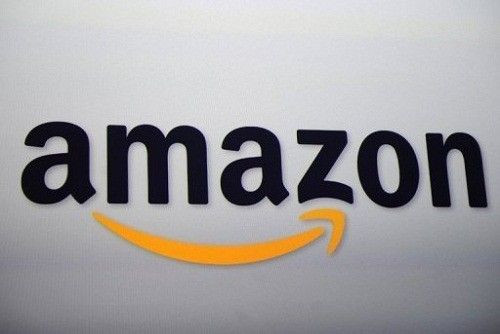Bookstores To Amazon: We Don’t Want Your Stinkin’ Books

In early 2010, when Amazon (Nasdaq: AMZN) got into a nasty pricing dispute with Macmillan, the online retailer yanked Macmillan’s books and e-books from its website. Nearly three years later, Amazon is a publisher, too. But as it searches for shelf space for some of its new titles, the company is getting some pretty frosty reactions from brick-and-mortar retailers.
Talk about a plot twist.
As the Washington Post’s Nora Krug reports, since Amazon launched its own publishing unit, many bookstores have refused to carry its titles. After years of battling the online behemoth over business tactics that ostensibly encourage shoppers to use brick-and-mortar stores as a showroom for idle book browsing, retail bookstores say they see no reason to lift a finger to promote Amazon’s products.
“Amazon has not been a very cooperative fellow bookseller in any fashion,” Mark LaFramboise, chief buyer for Washington, D.C.’s Politics & Prose bookstore, told the Post. “They pretty much want nothing more than our demise.”
And Politics & Prose is not alone among D.C.’s indie bookstores. On the website of Busboys and Poets bookstore, visitors will find a page tiled “What’s Wrong With Amazon,” which outlines a detailed list of grievances against the company.
“Amazon has strong-armed many publishers into reducing the prices of their books and eBooks,” the post reads. “In some instances when publishers have refused, Amazon has removed the ‘buy’ button from the pages of the publishers’ books. This tactic threatens the ability of publishers to survive in an industry with an already low profit margin.”
Then, of course, there is Barnes & Noble (NYSE: BKS), the country’s largest book chain, which in January said it would not carry books released by Amazon, including books published under the New Harvest imprint, a co-venture between Amazon and Houghton Mifflin Harcourt. Books published under that imprint include Penny Marshall’s new memoir, “My Mother Was Nuts,” which somehow managed to find its way into several Barnes & Noble stores this fall. When management found out, the books were immediately recalled, according to PaidContent’s Laura Hazard Owen.
Tension between Amazon and traditional bookstores has been brewing for several years, but it sparked into a vicious dustup during the holiday shopping season last year after Amazon ran a promotion offering $5 off to customers who used its Price Check phone app to go into stores, scan items for price comparison and then purchase the item on Amazon. The offer did not apply to books, but many book retailers nevertheless considered it a slap in the face from a company that has reveled in undermining their business model. The offer seemed additionally cavalier in light of an Oct. 2011 study by the Codex group, which found that 39 percent of people who bought a book on Amazon had first skimmed through it at a real-world store.
As for whether or not Amazon believes bookstores are treating it unfairly, that remains to be seen. A request for comment from Amazon has not yet been returned, but then the company is usually pretty silent regarding issues that open it up to criticism. Maybe it’ll all be in the next book.
© Copyright IBTimes 2025. All rights reserved.






















